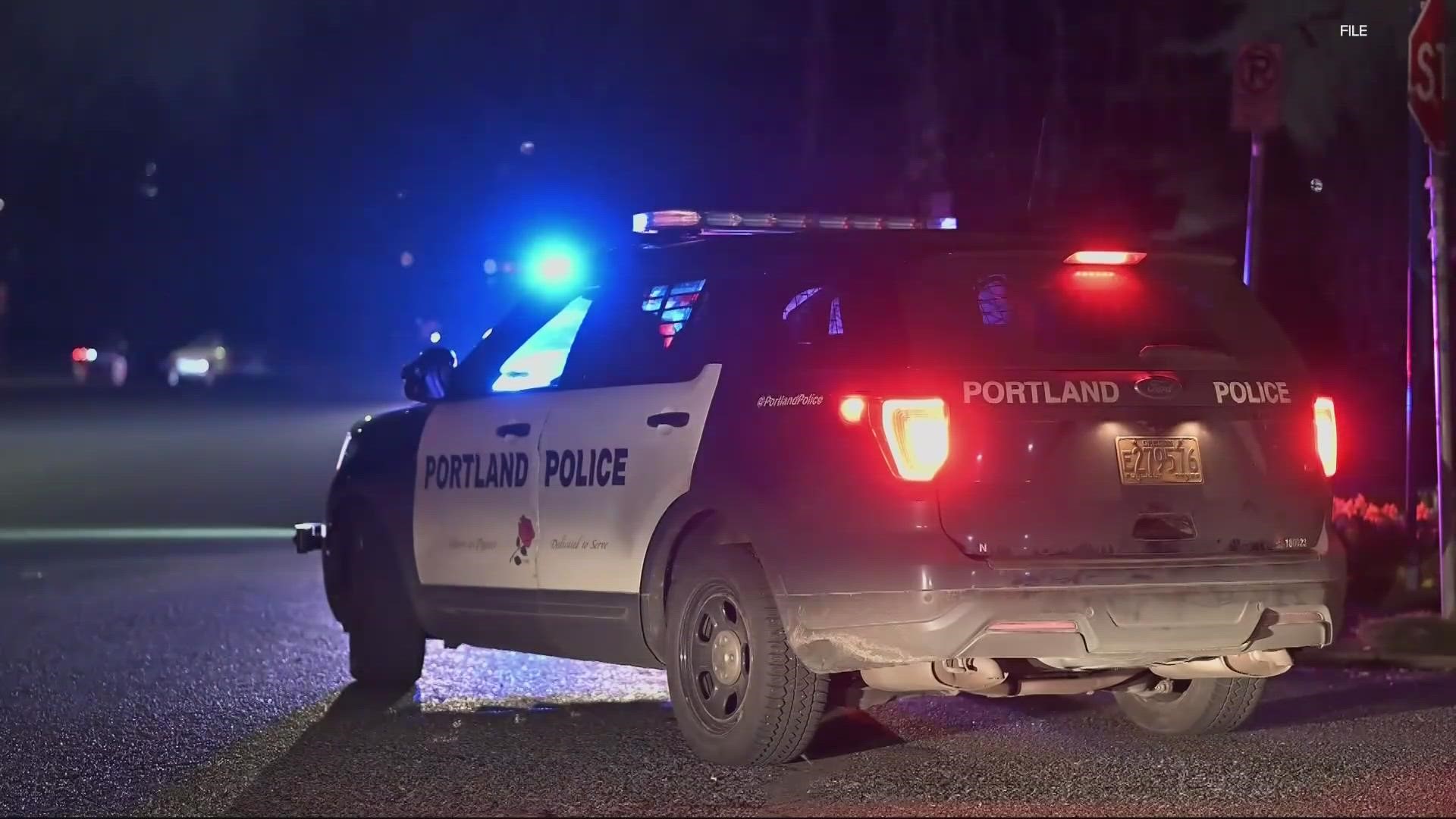SALEM, Ore. — Note: AP reporter Claire Rush contributed to this article
A proposal to require law enforcement officers in Oregon to complete some level of higher education was met with mixed reaction this week in Salem. Lawmakers held a committee hearing about Senate Bill 779 on Tuesday, a bill first introduced by Senator Lew Frederick.
While he acknowledged that the proposed requirement could hinder recruiting efforts, he believes the end goal would be worth it: communities more confident in the people tasked to protect and serve.
"The idea behind the bill is that the more people know about the communities they are involved with, the better they are, especially if they're dealing with public safety issues," he said. "As I've put in a couple of places, I want guardians. I don't want warriors."
"You begin to create a different credibility that is sorely lacking in many, many of our communities regarding police force coming in. Folks will accept some things," he said. "But if anybody doesn't believe that there's a credibility gap, then they haven't been paying attention."
Senate Bill 779 would require police officers, corrections officers, parole and probation officers, regulatory specialists and reserve officers to complete post-secondary education. For departments with fewer than 50 officers, two years of higher education would be required. For departments with 50 or more officers, the bill requires a bachelor's degree.
"We're not saying that everybody has to have a PhD, but we are saying that we want to see folks begin to have a broader sense of the community, of the world around them," Frederick said. "They have the ability to injure and potentially kill somebody, so I want them well trained and understanding what's going on."
The vast majority of people that testified at this week's hearing spoke out against the bill, bringing up many concerns — from the current staffing crisis to what makes someone a qualified applicant.
"An incentive-based system works with encouraging more education," said Representative Lily Morgan. "It should not be a punitive mechanism that may prohibit the best hire from getting through the door."
"A higher level of education does not mean that a person possesses a higher ethical standard, strong character, or is any better suited to the law enforcement profession," said Deschutes County Sheriff Shane Nelson.
"We can’t support such a narrow view of what makes a viable applicant or public servant," said Portland Police Capt. Greg Pashley.
Nationwide, about 80% of police agencies only require a high school or GED diploma, according to a 2016 survey of more than 2,700 agencies by the federal Bureau of Justice Statistics. The number requiring a two-year degree hovers around 10%, while just over 1% require a bachelor’s degree.

